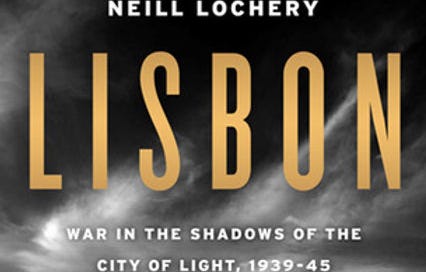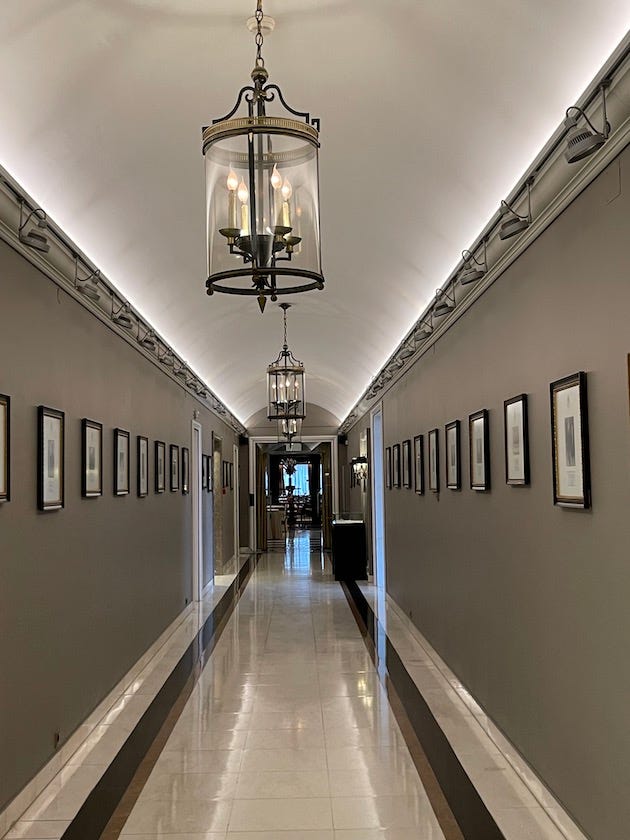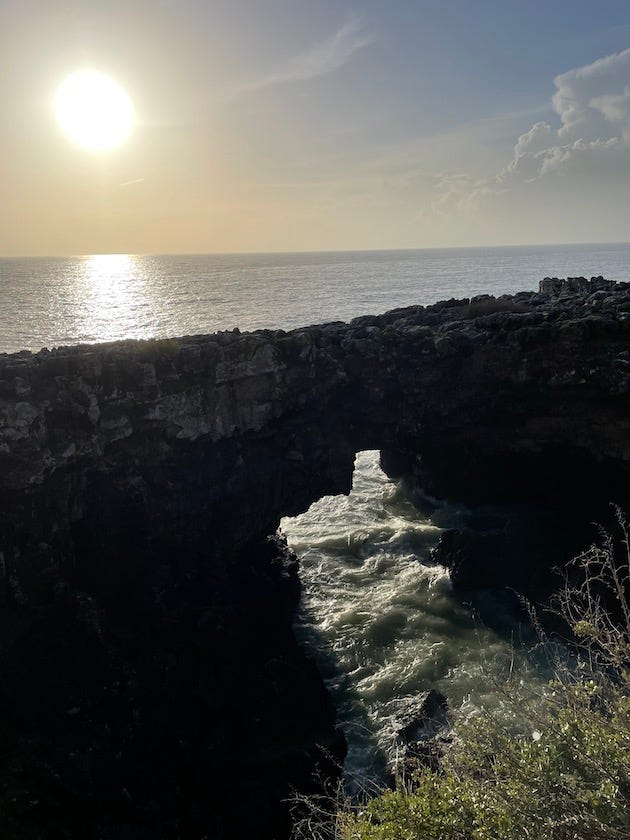
Quote of the week
“Of all the gin joints, in all the towns, in all the world, she walks into mine.” — Rick Blaine (from Casablanca)
Hello,
January has come to its end. It always seems like an ‘in between’ month. A month of quiet after all the Christmas and New Year celebrations in our part of the world. It discreetly passes by.
January is named after Janus, the god of beginnings, gates, transitions, time, duality, doorways, passages, frames and endings. Usually shown as having two faces which suits his godly sphere. It is, on average, the coldest month of the year within most of the Northern Hemisphere (where it is the second month of winter) and the warmest month of the year within most of the Southern Hemisphere (where it is the second month of summer). In the Southern hemisphere, January is the seasonal equivalent of July in the Northern hemisphere and vice versa. During this rather grey and rainy month, at least in the south of Sweden, I think most of us wish we were in the Southern Hemisphere at this time. Not much to do about that, just hibernate until spring.
Casablanca and Lisbon
You might wonder what Casablanca, where I think the weather is a little bit warmer this time of the year, has to do with Lisbon? When leaving Lisbon we drove north to Estoril and Cascais. I found a recommendation on a travel blog for Neill Lochery’s book Lisbon: War in the Shadows of the City of Light, 1939-45. Historian Neill Lochery is a specialist on Portuguese history, it is well researched, and makes for exciting reading. We are talking about spies, diplomacy, refugees and businesses, where Lisbon was a hub at the time. It was the only way out of Europe for those who needed and wanted to leave.
"Lisbon had a pivotal role in the history of World War II, though not a gun was fired there. The only European city in which both the Allies and the Axis power operated openly, it was temporary home to much of Europe’s exiled royalty, over one million refugees seeking passage to the U.S., and a host of spies, secret police, captains of industry, bankers, prominent Jews, writers and artists, escaped POWs, and black marketeers. An operations officer writing in 1944 described the daily scene at Lisbon’s airport as being like the movie Casablanca, times twenty.”
As you can imagine from the introduction above, this is an exciting part of, not only Portuguese, but European history. Estoril today is a quiet place. The famous Estoril Casino looks a little bit run down, but might be elegant on the inside. “The interior of the casino bore a resemblance to the gambling room in Rick’s Café in the film Casablanca, but on a grander scale. Among those who played at its tables during the war was a young British intelligence officer, Ian Fleming, who took inspiration from both the casino and the hotel for his future James Bond books.”
We could not refrain from visiting the elegant Palace Hotel where many of the intelligence officers and wealthy refugees stayed. The ground floor hosts a photo gallery showing all the prominent people who have visited the place, even after the war. We took the opportunity to drink a cappuccino in the dark bar, sinking down into the plush armchairs, thinking of people having passed by.
Back to the book. “… Lisbon became affectionately knows as “Casablanca II.” The real-life version had all the ingredients of the fictional storyline: broken romances; desperate refugees trying to obtain the correct paperwork and selling the family jewels to finance their onward passage; a thriving black market as supply dictated that the prices of diamonds and other rare stones fell to record low levels; cafés and hotel bars full of refugees and spies scattered across the city center and along Lisbon’s coastline resorts.“ Lochery guides us through the Allies' and Axis' powers and their diplomatic efforts and spy games.
It was the time of dictator António de Oliveira Salazar, who had come to power in 1932, and left only in 1968). He was a workaholic, had several minister post at the same time, and spent the war time years trying to keep neutrality for Portugal, as well as keeping up businesses. One of the most important commodities at the time, the wolfram, or tungsten, was eagerly sought after, especially by the Axis. That is how Portugal got hold of an immense amount of gold, of which, it is believed, there might still be some hidden in banks in Portugal. For those interested, Lochery’s book has much more to tell. Not all refugees were lucky enough to have money and many tragedies happened. Politics, allies vs axis, diplomacy, economy and, in the end, the people who tried to do something. Sometimes successfully, other times not.
Just outside the popular summer resort of Cascais, we walked around the elegant villas, where the wealthy built their summer houses, often used as refugee homes during these dark years. One such important person was the banker Ricardo de Espírito Santo whose house hosted the Duke and Duchess of Windsor during some months. Continuing along the coast we reached Boca do Inferno (Hell’s Mouth) where seawater access the rocky walls through an opening in the cliffs, making impressive movements when it strikes the walls. Very impressive.
Musings this week
Youtube channel to recommend
I am subscribing to a lot of youtube channels. Youtube is so fantastic. Whatever you are interested in, you will find a channel from which to learn more, or just enjoy watching people with the same interests as you. My subscriptions cover food, books, van life, history, journaling and scrap booking and a few others. This week I wanted to recommend a food channel I am especially fond of: Pro Home Cooks (I was not able to find a link, so if you are interested just search the title). Michael Greenfield’s videos are educational in a very easy going way. He reminds me of Jamie Oliver in his approach to food. It is a joy to watch his videos.
Blog posts this week
This last week I have been busy with a book challenge, FINDS. Reading a book each week from the Nordic countries; Finland/Iceland/Norway/Denmark and Sweden. The three first are done, the Danish I abandoned and am now on a Swedish book. Review probably next week. New blog posts.
A Man Called OveOtto by Fredrik Backman
FINDS/FINLAND - They Know Not What They Do by Jussi Valtonen
FINDS/Iceland - Cold as Hell by Lilja Sigurðardóttir
Books I save on my shelves - Letter H
January Wrap-up, and prospects for February
FINDS/Norway - The Ice Palace by Tarjei Vesaas
That is all for this week.








I can't tell you how much I love your newsletters. I never thought that much before about visiting Portugal but this just fascinates me. And so does that book. Thanks for the recommendation!